Forgotten political scandals that shocked America
American politics has never been short of drama, but some scandals have slipped through the cracks of popular memory. These lost scandals, though less discussed today, once rocked the nation and left indelible marks on the political landscape. From bribery and corruption to influence-peddling and tax evasion, these intriguing tales offer a window into the colorful and sometimes tumultuous world of American politics.
The Petticoat Affair: Drama in Andrew Jackson’s White House
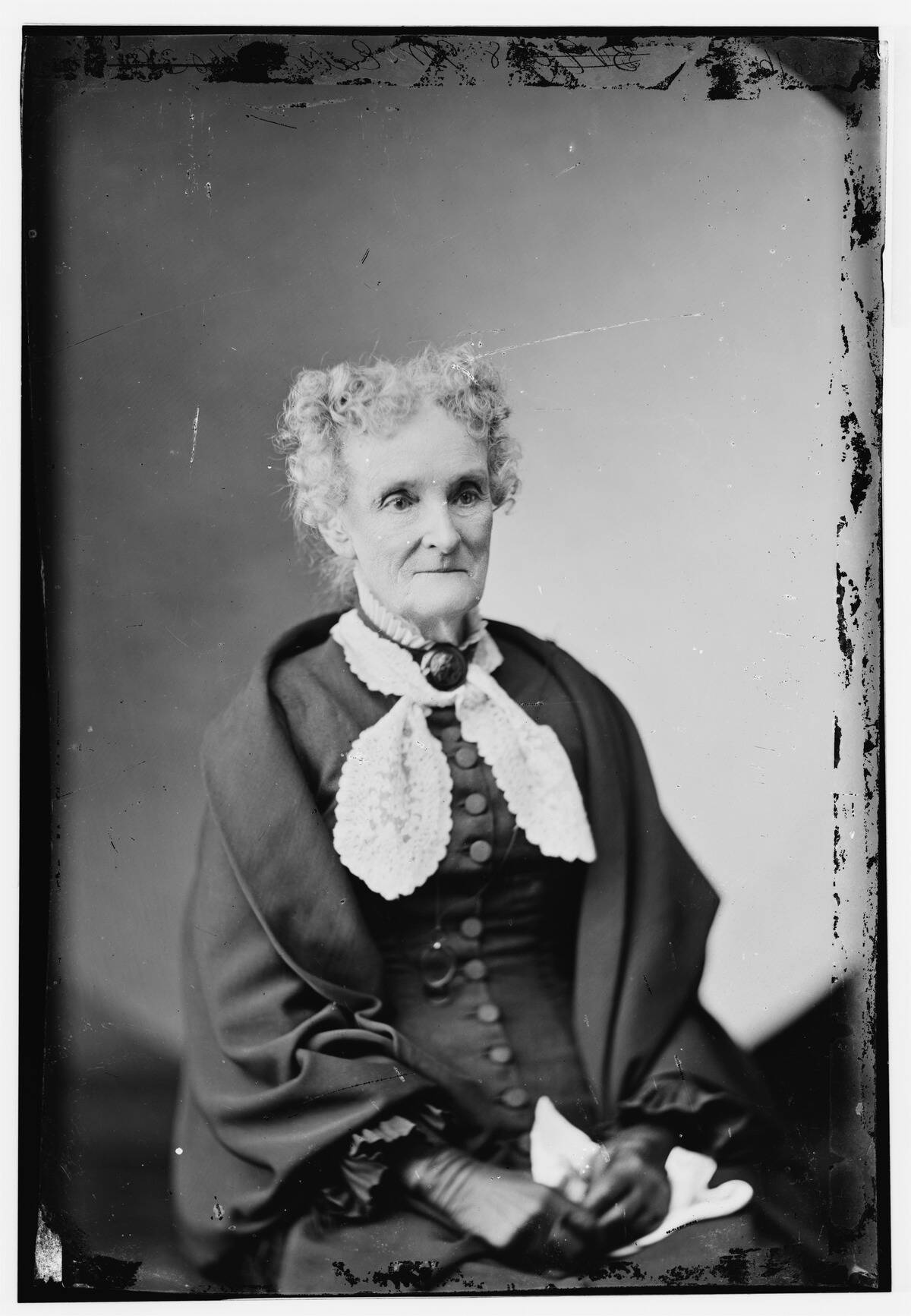
The Petticoat Affair, also known as the Eaton Affair, was a social scandal involving members of Andrew Jackson’s Cabinet and their wives. It centered around Margaret O’Neill Eaton, the wife of Jackson’s Secretary of War, John Eaton. Her reputation and past were scrutinized, leading to a social boycott by other Cabinet wives. The scandal was so disruptive that Jackson had to dissolve his Cabinet to restore order, highlighting the influence of social politics in early American governance.
The Crédit Mobilier Scandal: Railroads, Congress, and Corruption
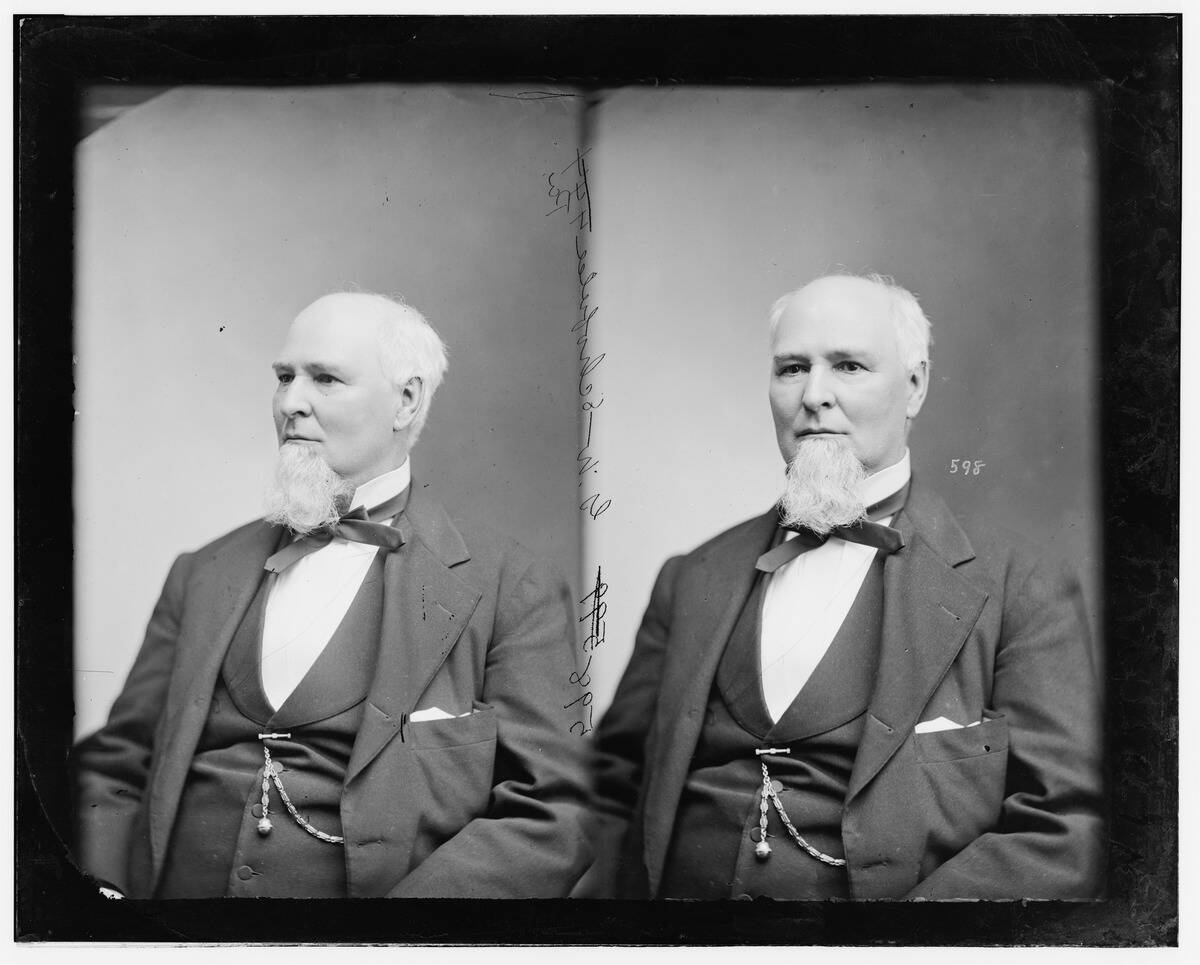
The Crédit Mobilier scandal of the 1870s exposed corruption at the highest levels of government. The Union Pacific Railroad formed the Crédit Mobilier of America to inflate construction costs and siphon off profits. Key congressmen were bribed with shares to keep quiet, leading to a congressional investigation. The scandal tarnished many political careers and underscored the pervasive corruption in the Gilded Age, ultimately prompting calls for reform.
The Whiskey Ring: Tax Evasion in the Post-Civil War Era
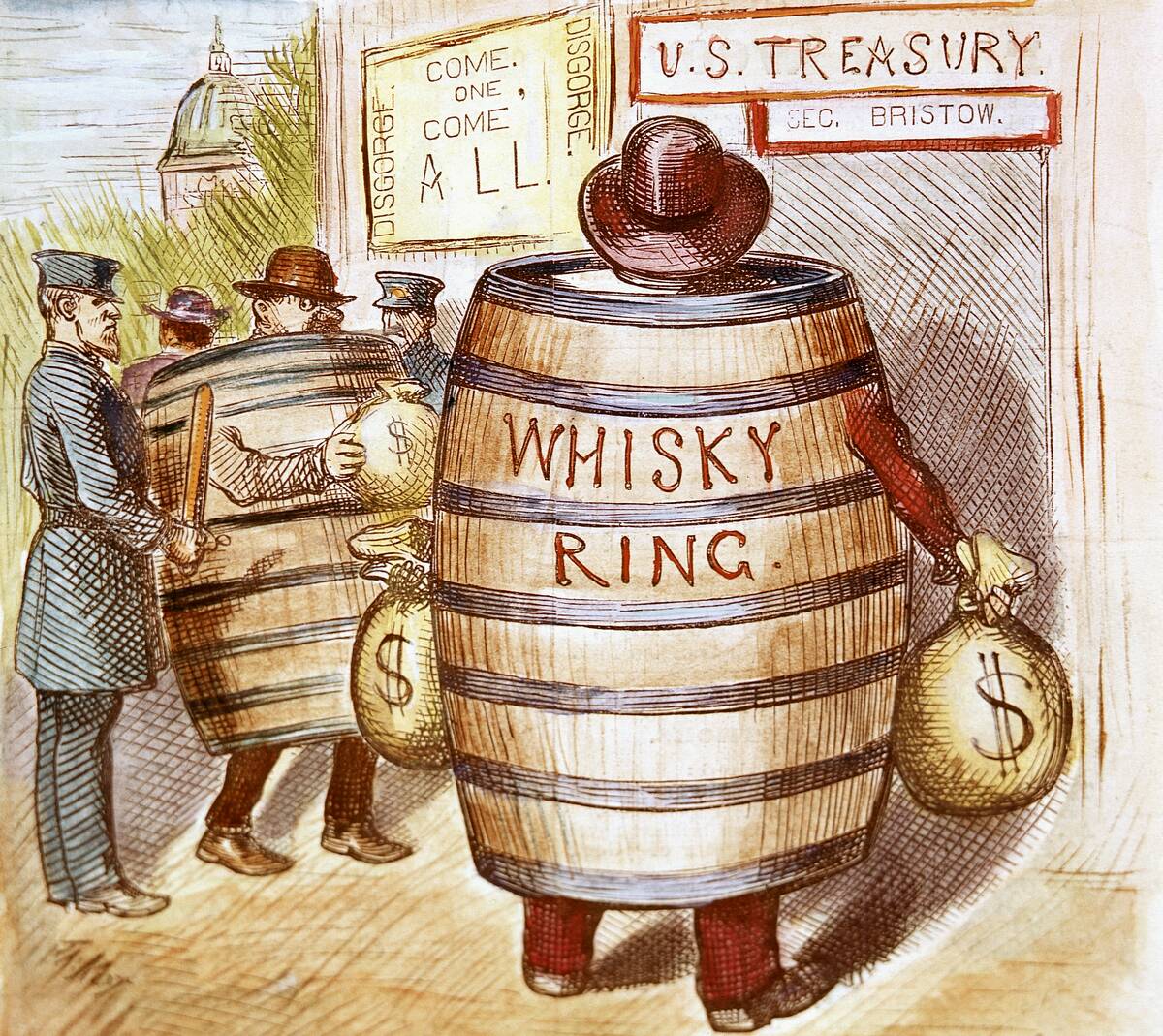
The Whiskey Ring scandal of the 1870s involved a network of government officials and whiskey distillers who conspired to evade federal taxes. This scheme defrauded the government of millions of dollars at a time when the nation was trying to recover from the Civil War. President Ulysses S. Grant’s own private secretary, Orville Babcock, was implicated, although he was later acquitted. The scandal highlighted the challenges of post-war reconstruction and governance.
The Teapot Dome Scandal: Oil Reserves and Government Bribery
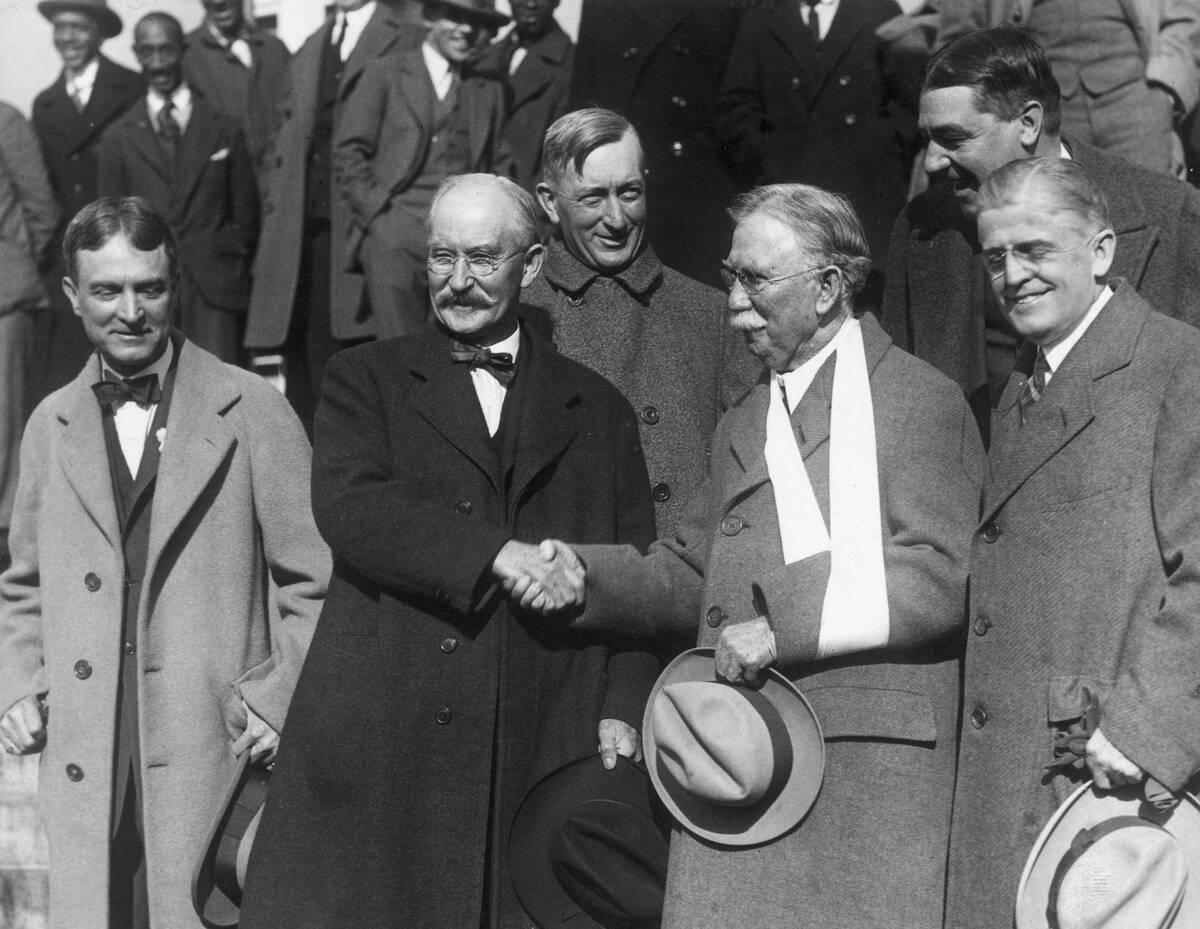
The Teapot Dome scandal of the early 1920s epitomized government corruption during the Harding administration. Secretary of the Interior Albert B. Fall secretly leased Navy petroleum reserves at Teapot Dome, Wyoming, to private oil companies without competitive bidding. In return, he received significant bribes. Fall was later convicted, becoming the first sitting Cabinet member to go to prison, and the scandal severely damaged public trust in government.
The Sherman Adams Scandal: A Gift Too Far in the Eisenhower Administration
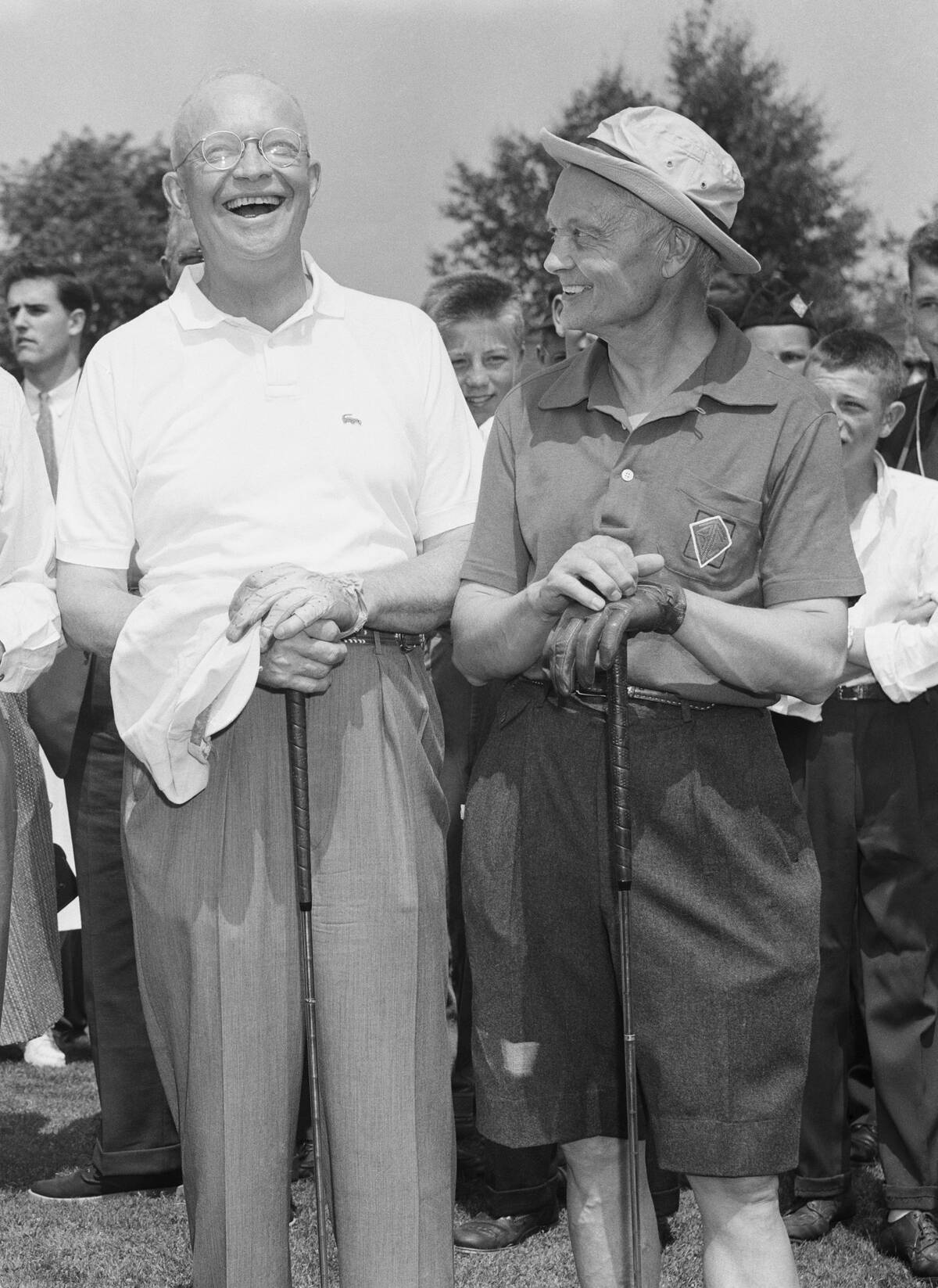
Sherman Adams, Chief of Staff under President Dwight D. Eisenhower, became embroiled in scandal when it was revealed he accepted an expensive vicuña coat from a Boston textile manufacturer seeking governmental help. This revelation of influence-peddling led to Adams’ resignation in 1958. The incident was a poignant reminder of the ethical expectations placed on public officials and the potential pitfalls of accepting gifts while in office.
The Bobby Baker Affair: Capitol Hill’s Most Notorious Insider
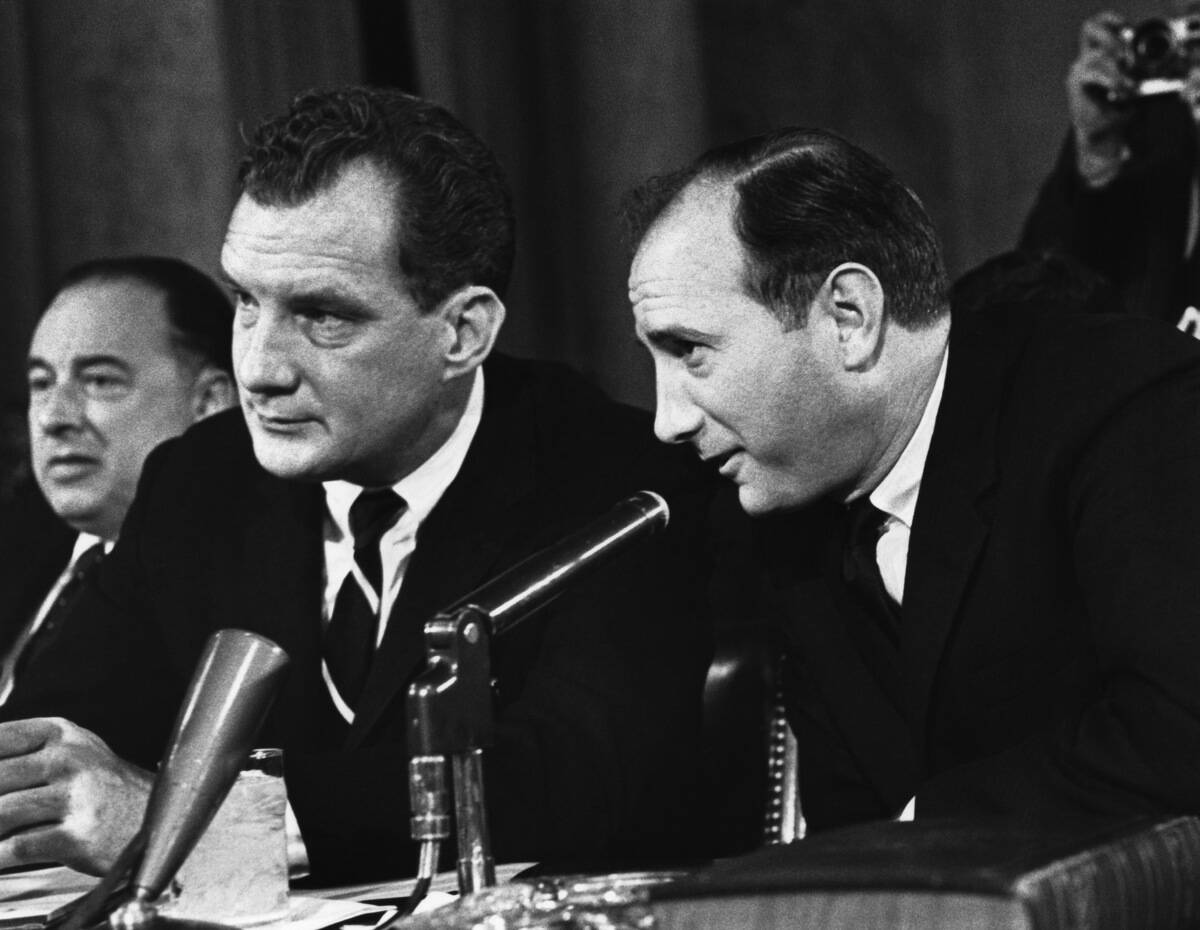
Bobby Baker, a powerful Senate staffer and confidant of Lyndon B. Johnson, found himself at the center of controversy in the 1960s. Accusations of financial improprieties, including accepting kickbacks and running a secretive business empire, led to a Senate investigation. Baker’s influence on Capitol Hill, coupled with his fall from grace, highlighted the murky intersection of politics and personal gain during a transformative period in American history.
The Koreagate Scandal: Influence-Peddling in Washington
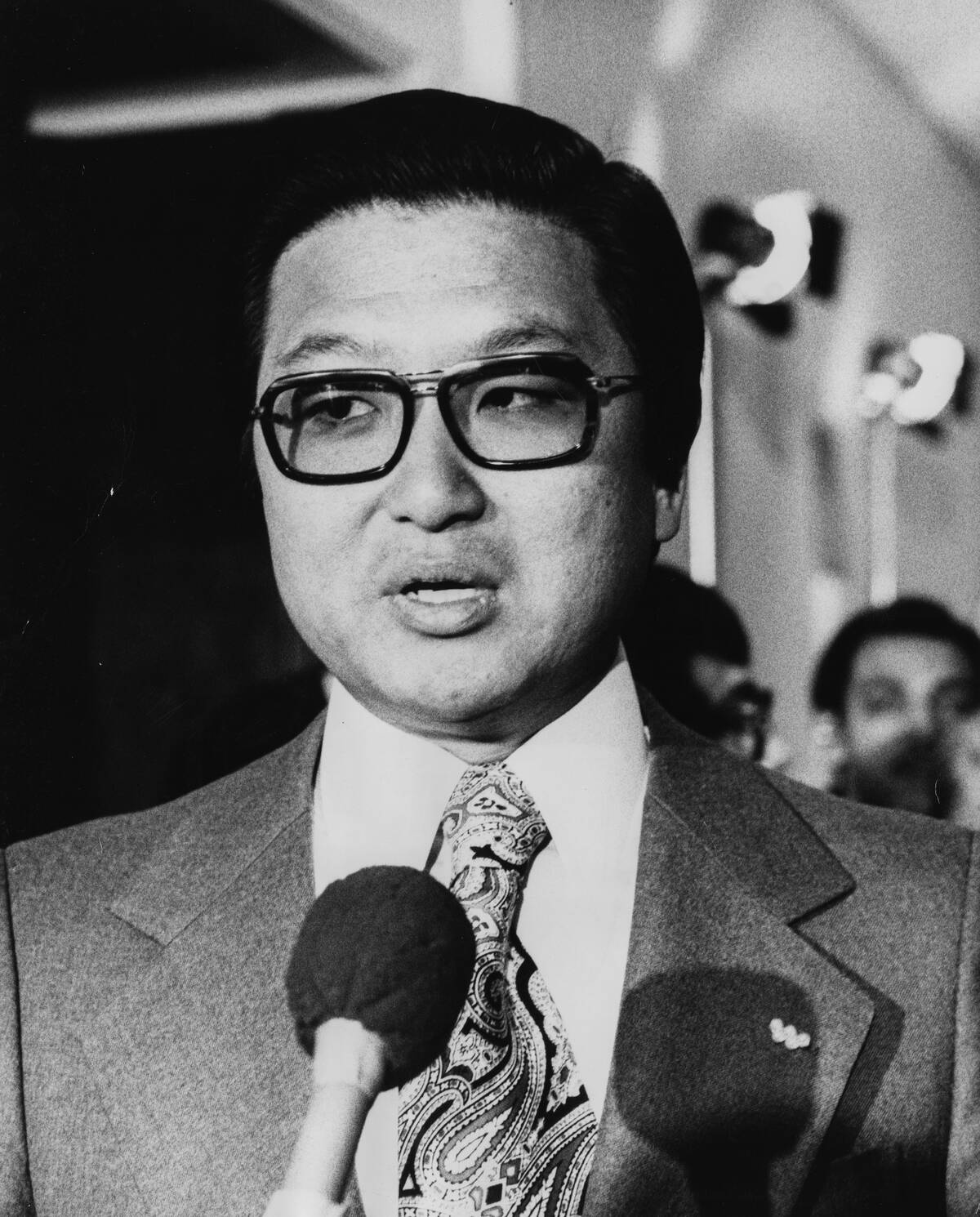
The Koreagate scandal of the 1970s involved South Korean businessman Tongsun Park, who attempted to buy influence in the U.S. Congress. Park funneled money to several congressmen in hopes of shaping American foreign policy in favor of South Korea. The scandal led to several congressional resignations and increased scrutiny of foreign influence in American politics, reinforcing the importance of transparency and accountability in governmental affairs.
The Billygate Scandal: Jimmy Carter’s Brother and Libyan Connections

Billygate erupted in 1980 when it was revealed that President Jimmy Carter’s brother, Billy Carter, had received a hefty loan and gifts from the Libyan government. This revelation raised questions about the extent of Billy’s influence on his brother’s administration. Although an investigation found no wrongdoing by the president, the scandal was a political embarrassment and highlighted the potential complications of familial ties in politics.
The ABSCAM Sting Operation: Undercover FBI and Congressional Bribery
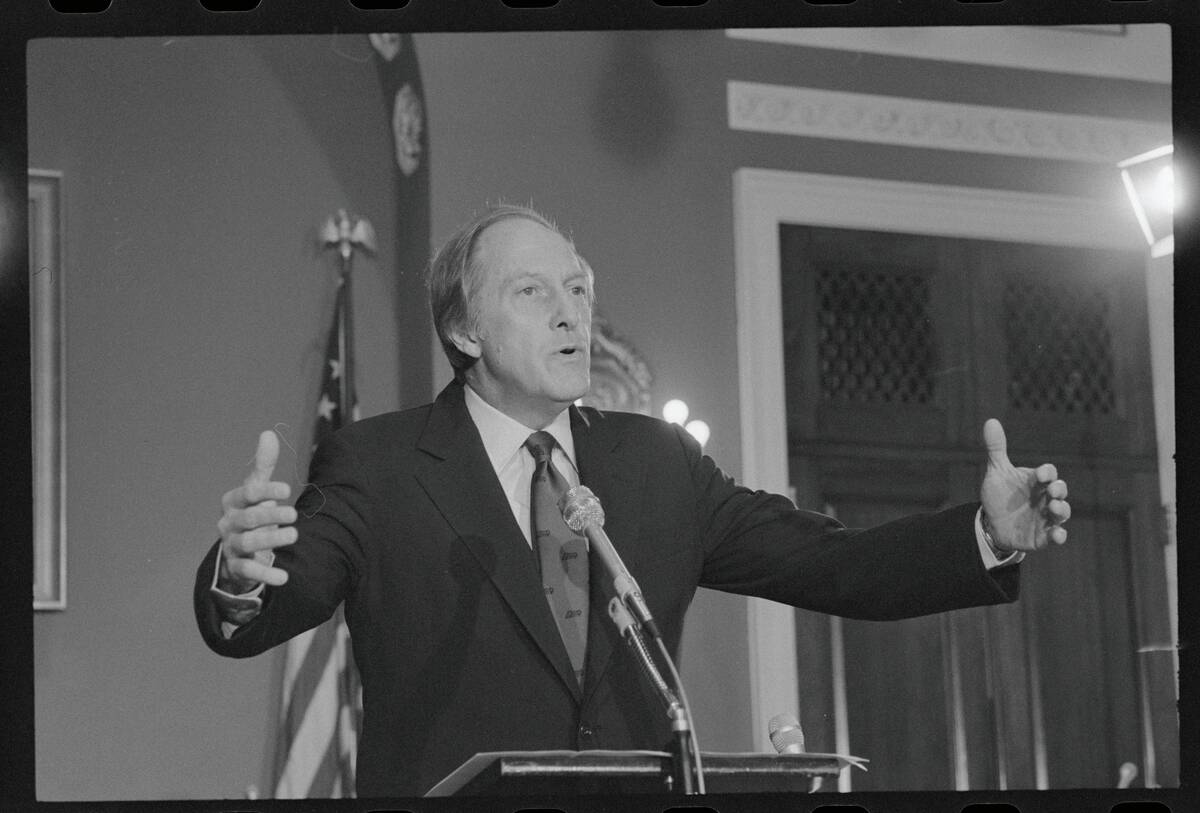
ABSCAM was an undercover operation by the FBI in the late 1970s and early 1980s that exposed widespread corruption. Undercover agents posed as Arab sheikhs offering bribes to public officials. The sting resulted in the conviction of seven congressmen, showcasing the depths of political corruption. ABSCAM also raised ethical questions about law enforcement tactics, sparking debates over the balance between justice and entrapment.
The HUD Scandal: Housing and Urban Development’s Corruption Crisis
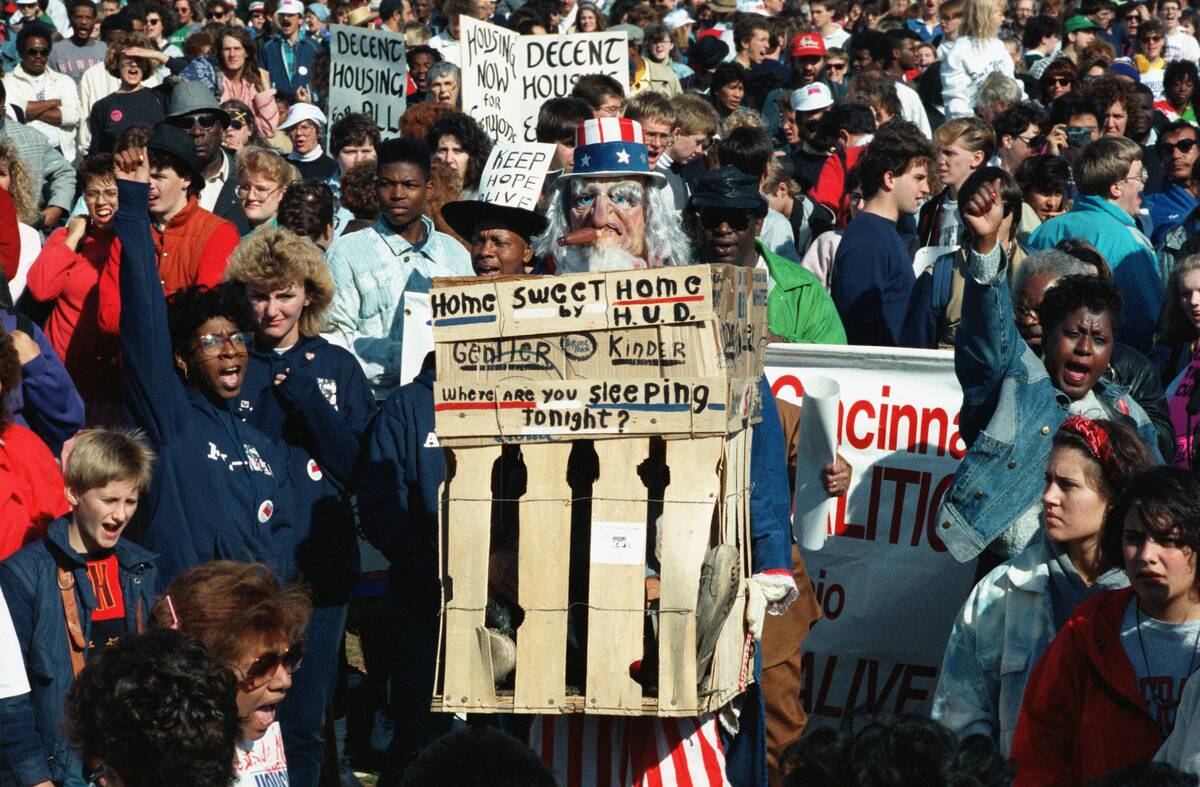
The HUD scandal of the 1980s involved widespread corruption in the Department of Housing and Urban Development. Officials manipulated housing grants for personal gain, and political allies were awarded lucrative contracts. Secretary Samuel Pierce was implicated, although he was never charged. The scandal exposed systemic issues within HUD, prompting calls for reform and greater oversight in government programs.
The Keating Five: Senators, Savings, and the Loan Industry Collapse
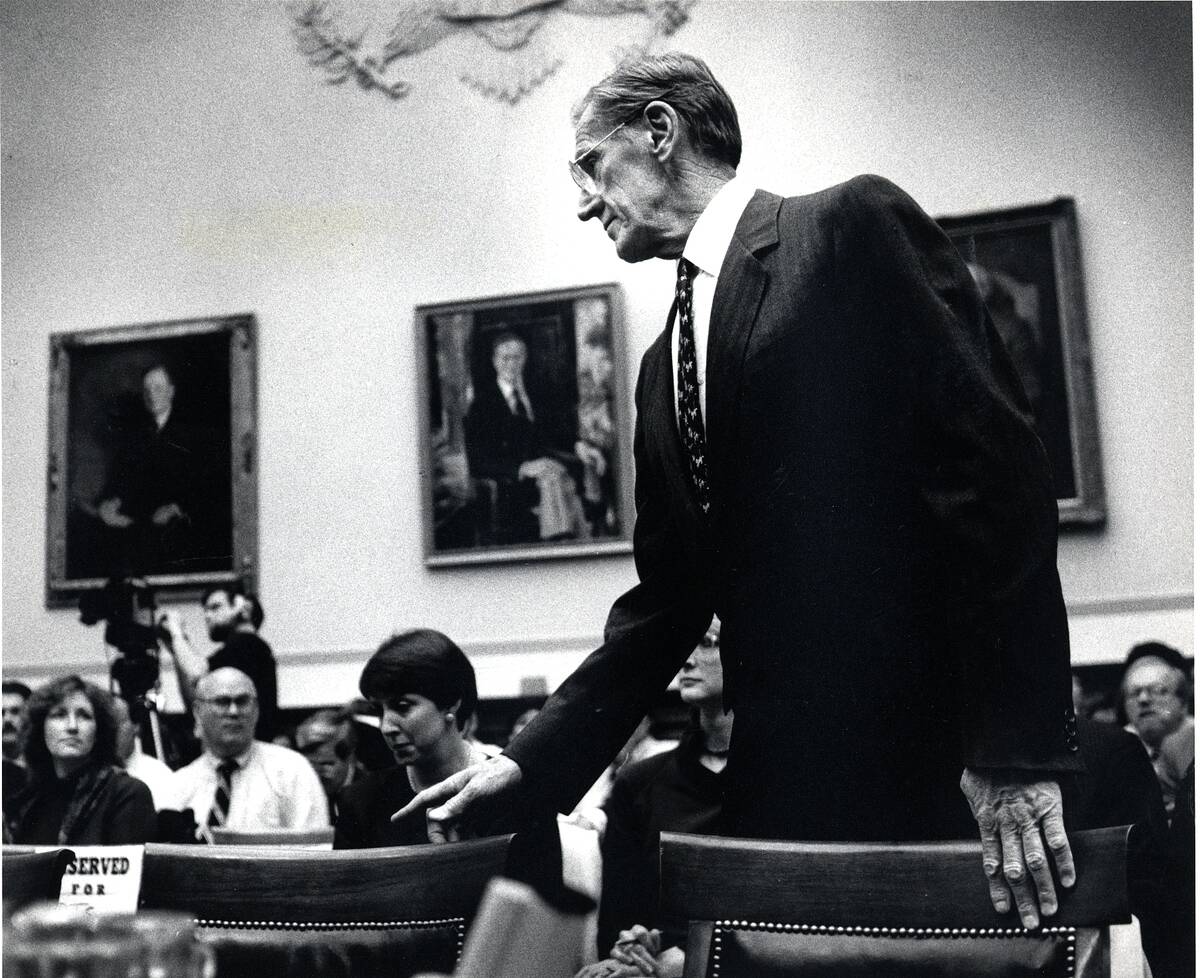
The Keating Five scandal of the late 1980s involved five U.S. senators accused of improperly intervening on behalf of Charles Keating, a savings and loan executive. Keating’s Lincoln Savings and Loan Association collapsed, costing taxpayers billions. The senators’ actions led to a Senate Ethics Committee investigation, highlighting the dangers of political influence in financial regulation and contributing to the broader savings and loan crisis.
The Whitewater Controversy: Land Deals and Legal Debacles
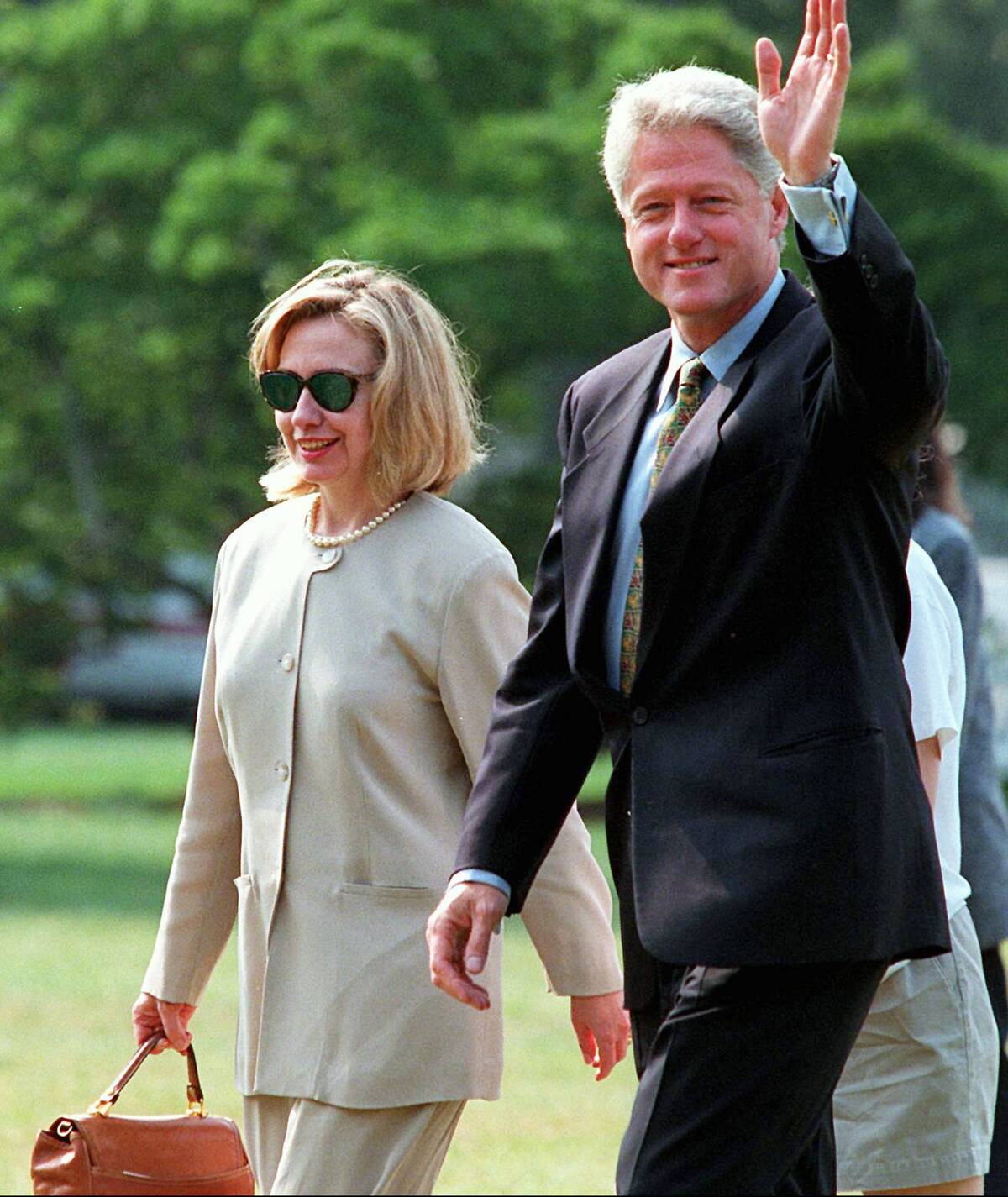
The Whitewater controversy of the 1990s was a complex investigation into Bill and Hillary Clinton’s involvement in a failed Arkansas land deal. The scandal expanded to include various allegations against the Clintons, leading to the appointment of independent counsel Kenneth Starr. Although the Clintons were never charged, the investigation contributed to Bill Clinton’s impeachment, underscoring the contentious nature of political and legal battles.
The Mark Foley Page Scandal: A Controversial Resignation
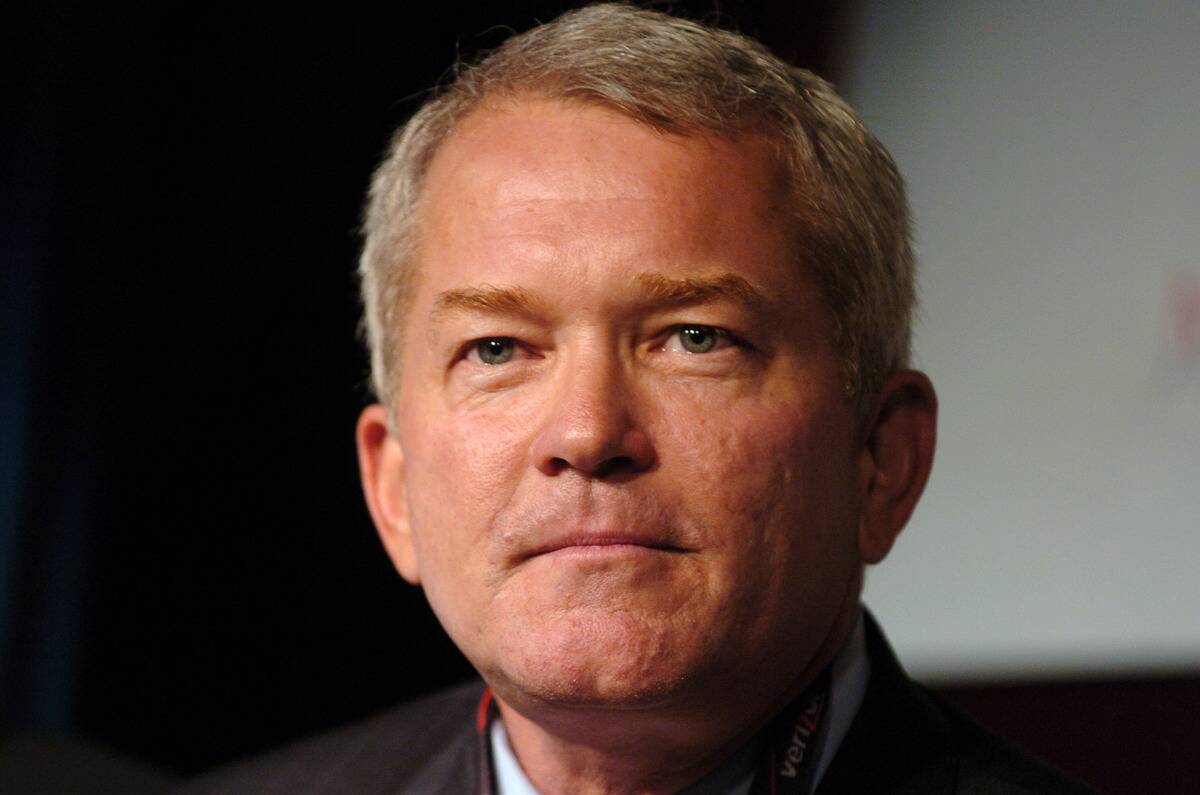
In 2006, Congressman Mark Foley resigned following revelations that he had sent inappropriate messages to teenage congressional pages. The scandal shocked the nation, as Foley had been a prominent advocate for child protection laws. The incident led to a reevaluation of oversight and protection measures for congressional pages, as well as broader discussions about misconduct and accountability in political office.
The Rod Blagojevich Scandal: Pay-to-Play Politics in Illinois
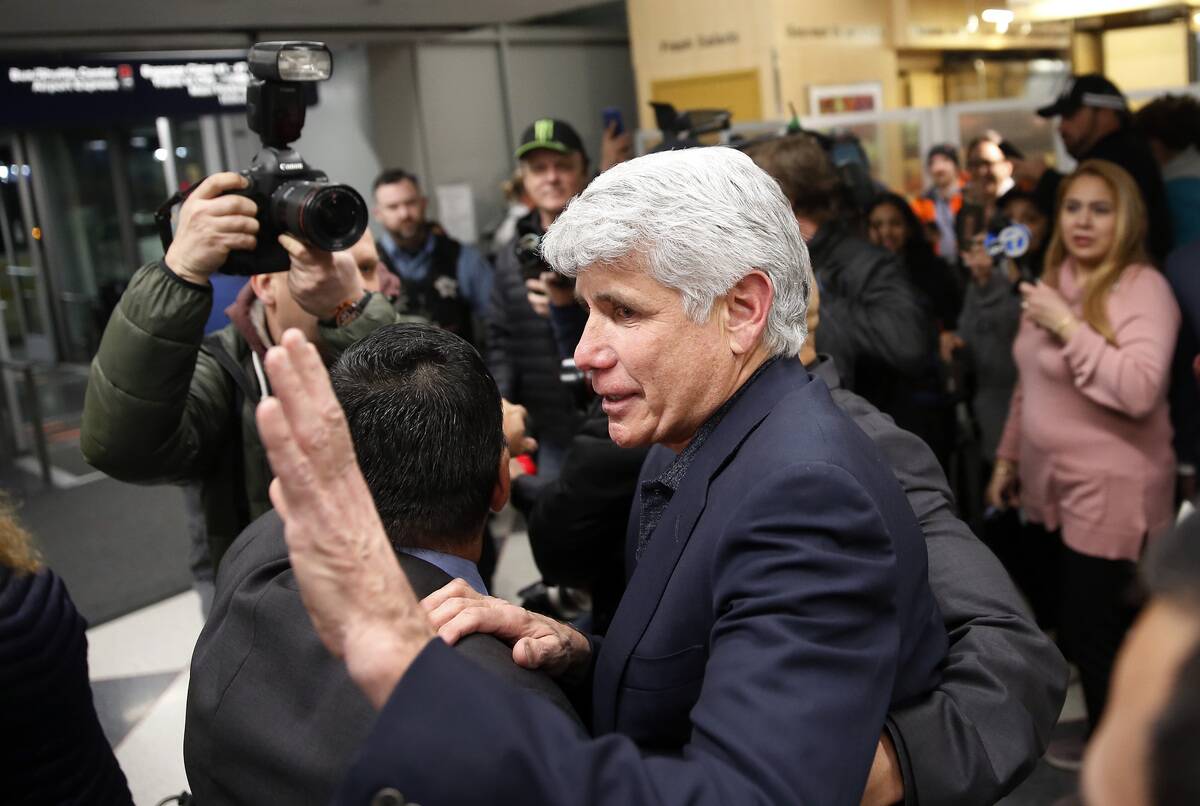
Former Illinois Governor Rod Blagojevich was arrested in 2008 for attempting to sell the U.S. Senate seat vacated by President-elect Barack Obama. Blagojevich’s brazen ‘pay-to-play’ scheme drew widespread condemnation and led to his impeachment and removal from office. His conviction underscored the extent of political corruption in Illinois and reinforced the need for ethical governance and transparency in public office.
The Bridgegate Scandal: Traffic Jams and Political Retribution

The Bridgegate scandal emerged in 2013 when it was discovered that aides to New Jersey Governor Chris Christie orchestrated traffic jams on the George Washington Bridge as political retribution against a local mayor. The scandal led to criminal convictions and severely damaged Christie’s political career. It highlighted the potential for abuse of power in public office and the importance of accountability in political leadership.



